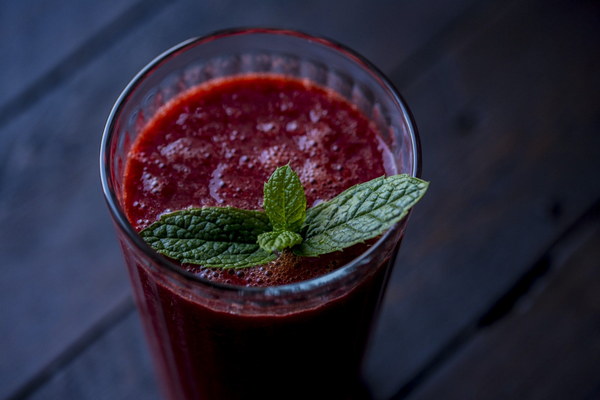Does Albumin Have Anti-Aging Properties Unveiling the Potential of this Protein
In the quest for eternal youth, scientists and researchers have explored various avenues to combat the signs of aging. One such avenue that has garnered attention is the use of albumin, a protein found in the blood. But does albumin have anti-aging properties? Let's delve into the topic and uncover the potential of this protein.
Albumin, also known as serum albumin, is a protein synthesized by the liver and found in the blood plasma. It plays a crucial role in maintaining osmotic balance, transporting hormones, and acting as a carrier for various substances in the body. Over the years, studies have indicated that albumin may possess anti-aging properties, thanks to its unique structure and functions.
1. Anti-inflammatory effects
One of the primary reasons why albumin may have anti-aging properties is its anti-inflammatory effects. As we age, our bodies become more susceptible to inflammation, which can accelerate the aging process. Research suggests that albumin can help reduce inflammation by inhibiting the production of inflammatory cytokines and promoting the release of anti-inflammatory molecules.

2. Antioxidant properties
Another potential anti-aging mechanism of albumin is its antioxidant properties. Oxidative stress is a significant contributor to aging, as it can damage cells and DNA, leading to the development of age-related diseases. Albumin has the ability to scavenge free radicals and protect cells from oxidative damage, thereby delaying the aging process.
3. Improved skin elasticity
Albumin may also contribute to maintaining skin elasticity, which is a common sign of aging. Studies have shown that albumin can stimulate the production of collagen and elastin, two essential proteins that provide structure and elasticity to the skin. By promoting the synthesis of these proteins, albumin may help reduce the appearance of wrinkles and fine lines, thus providing a youthful appearance.
4. Enhanced immune function
A robust immune system is crucial for maintaining good health and delaying the aging process. Albumin plays a vital role in the immune response by binding to various immune cells and molecules. This binding facilitates the transportation of immune cells to the site of infection or inflammation, enhancing the body's ability to fight off pathogens and infections.
5. Improved cognitive function
As we age, cognitive function may decline, leading to memory loss and other age-related neurological disorders. Research indicates that albumin may have a positive impact on cognitive function by reducing inflammation and oxidative stress in the brain. By promoting brain health, albumin may help maintain cognitive function and delay the onset of age-related neurological diseases.
While the potential of albumin as an anti-aging agent is promising, it is essential to note that more research is needed to fully understand its mechanisms and efficacy. Moreover, the use of albumin as a therapeutic agent should be conducted under the guidance of healthcare professionals.
In conclusion, albumin, a protein found in the blood, may possess anti-aging properties due to its anti-inflammatory, antioxidant, and immune-enhancing effects. By improving skin elasticity, cognitive function, and overall health, albumin may contribute to a more youthful and vibrant appearance. However, further research is necessary to validate its potential as a therapeutic agent for combating the signs of aging.









